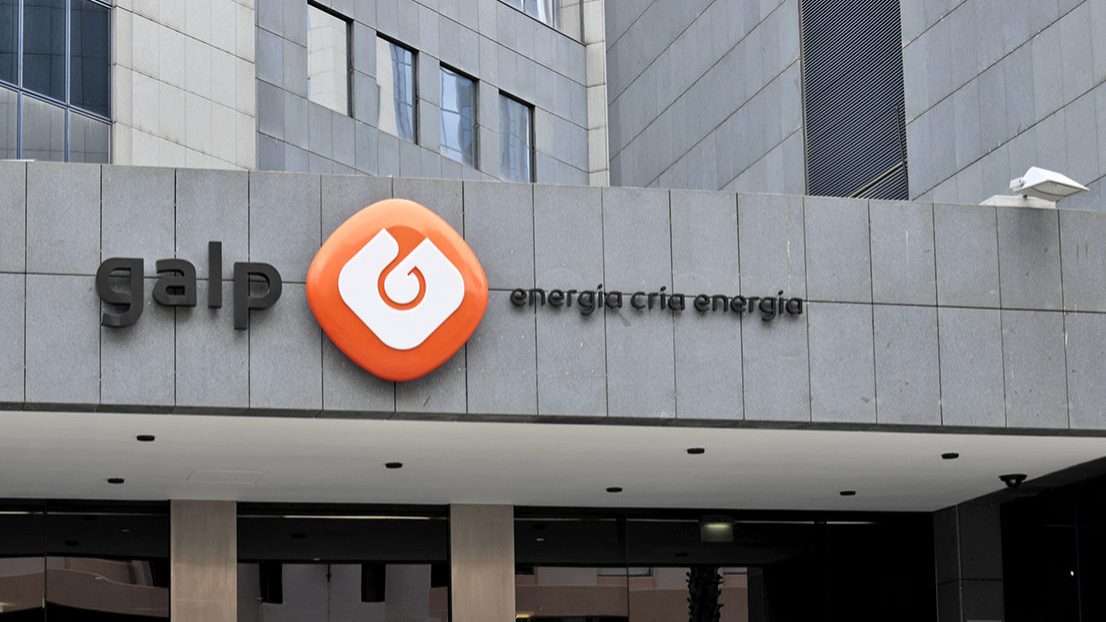Portugal produced more renewable electricity in 2018. But consumption fell
More than half of the energy produced in the country last year, 55.2 percent of the total, came from renewable sources, according to the General Directorate of Energy and Geology.
Renewable electricity grew 10% in 2018, corresponding to more than half of the total electricity produced. However, the share of renewable energy sources in gross final energy consumption fell compared to 2017, with the increase in the share corresponding to air transport.
Renewable electricity production reached 55.2% of total electricity produced, compared to 45.5% in the previous year, the statement from the Ministry of the Environment and the Directorate-General for Energy and Geology (DGEG) points out. Explaining this increase is the 79% increase in hydroelectric production, as well as the “increase in installed power in renewables.
However, the share of renewable energy in gross final energy consumption has fallen slightly. As much when the contribution of heat pumps is taken into account, from 29.4% to 29.2%, and without this resource, falling from 28.1% to 27.7%, according to DGEG’s energy balance.
This fall is explained by the DGEG with the increase in final energy consumption, which grew about 1.4% compared to 2017, reflecting the performance of aviation, maritime and road transport, as well as the lower contribution of water production.
Even so, the statement makes the reservation that, in 2017, air pumps were not accounted for. It is also noted that the weight of renewable energy in final consumption, already with pumps, is “very close to the target set for 2020, 31%”.
However, primary energy consumption fell by 2.8% compared to the previous year, which led to a reduction in consumption of coal and natural gas, avoiding the consumption of about one million tonnes of oil equivalent (toe) of fossil-based energy, the statement stressed.


